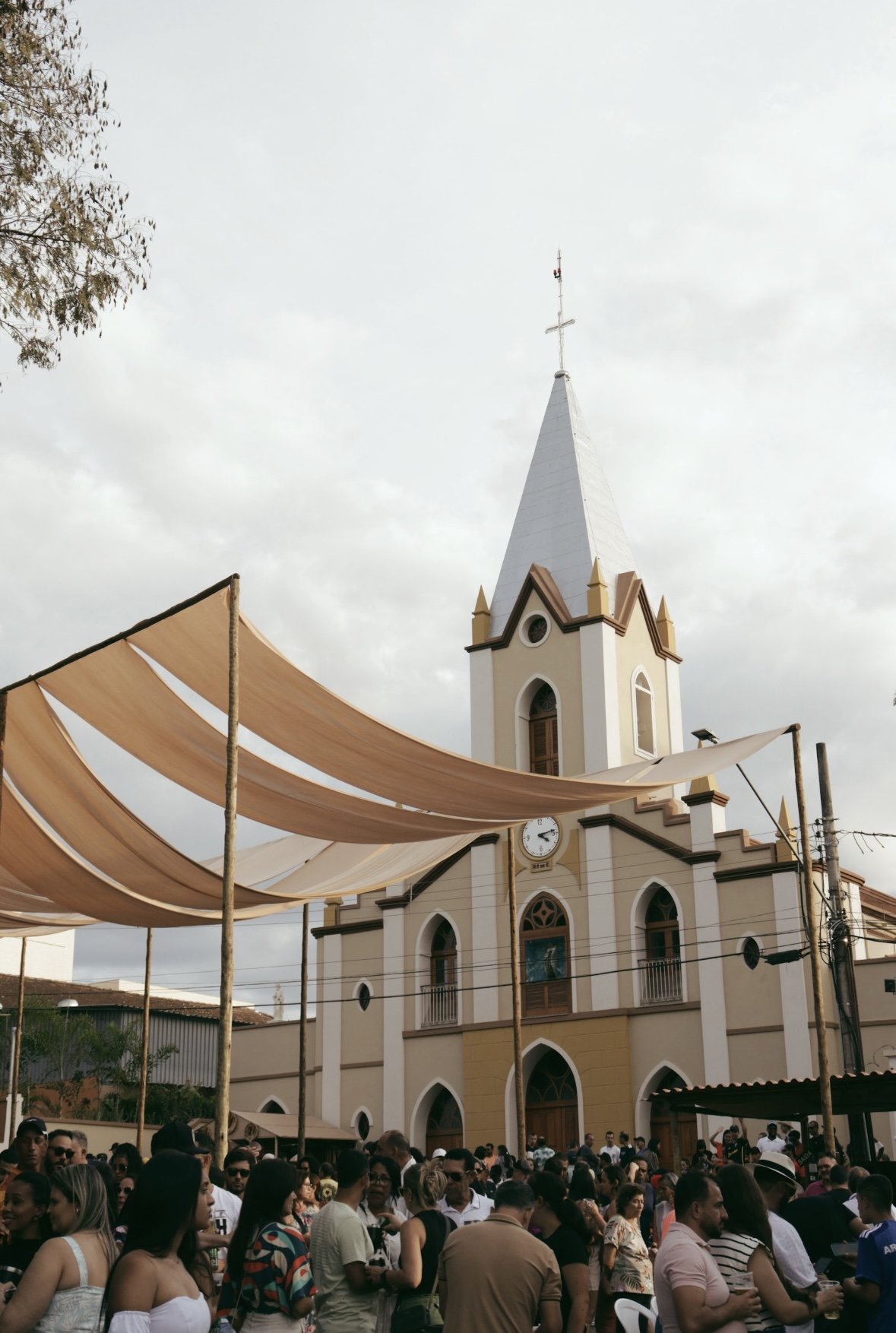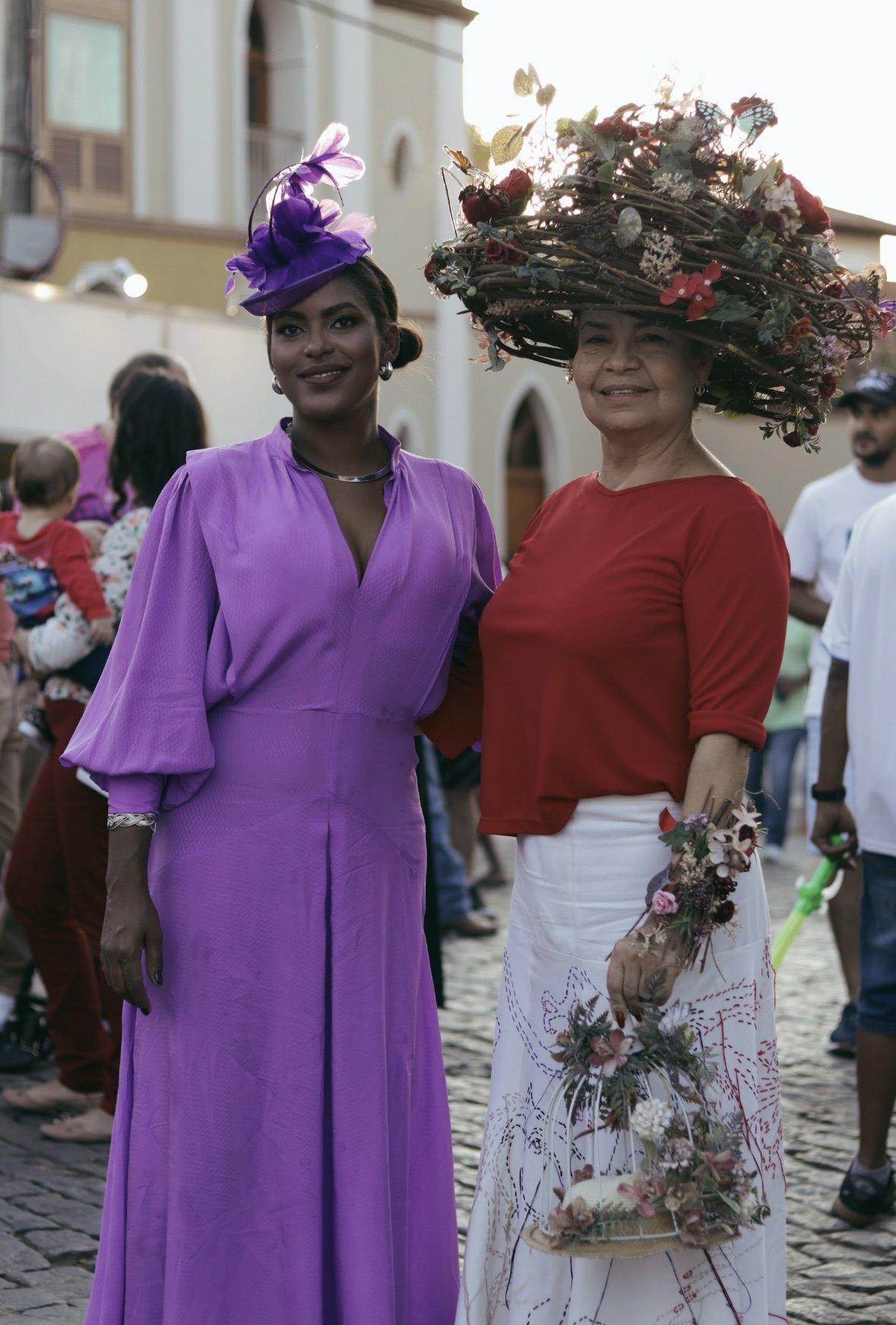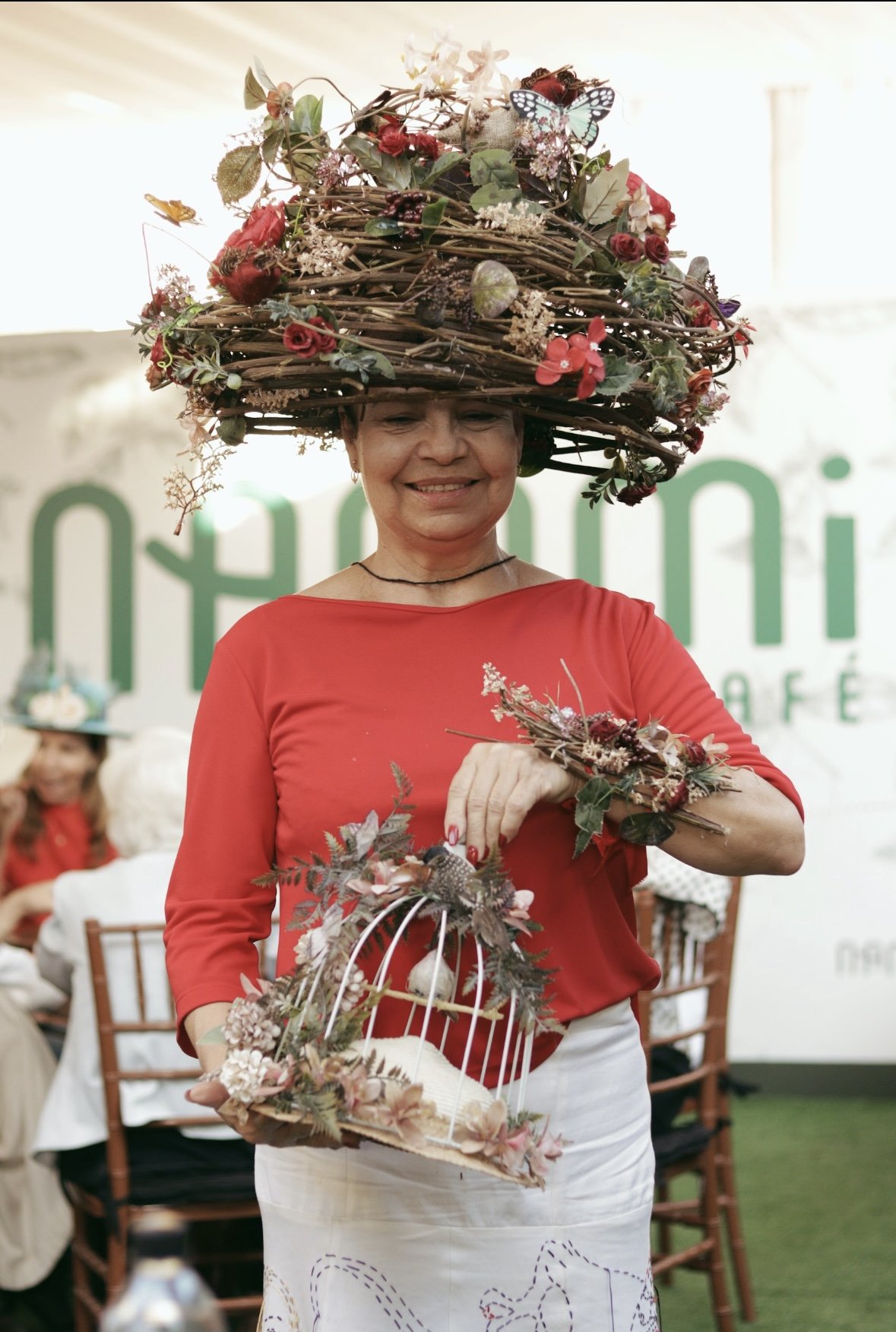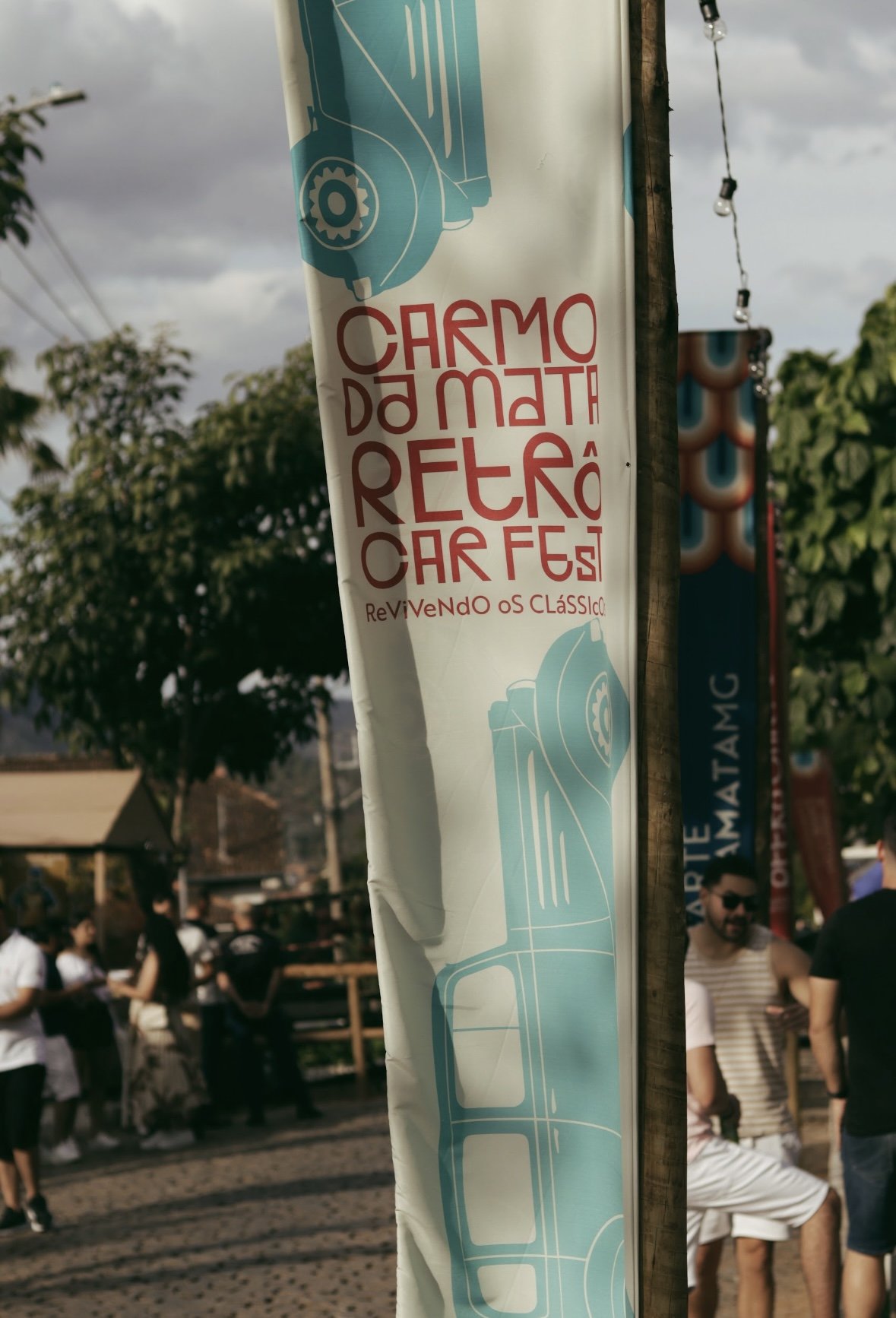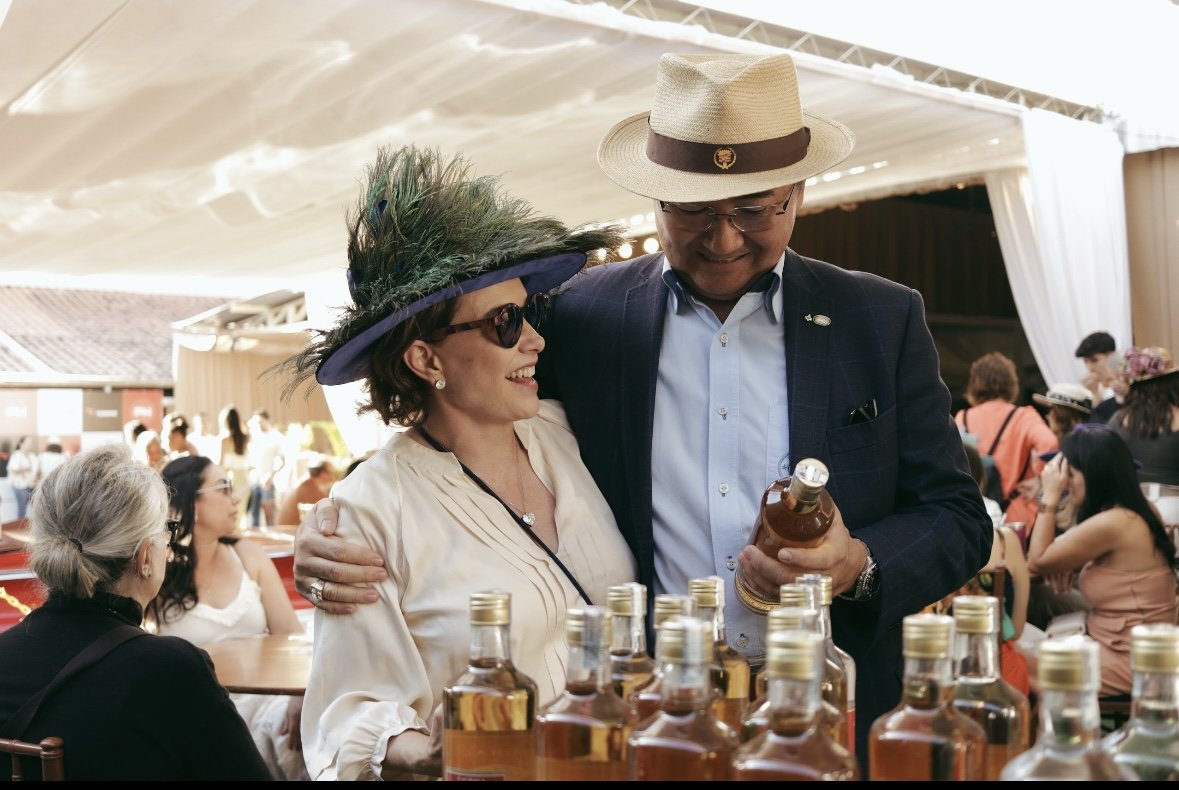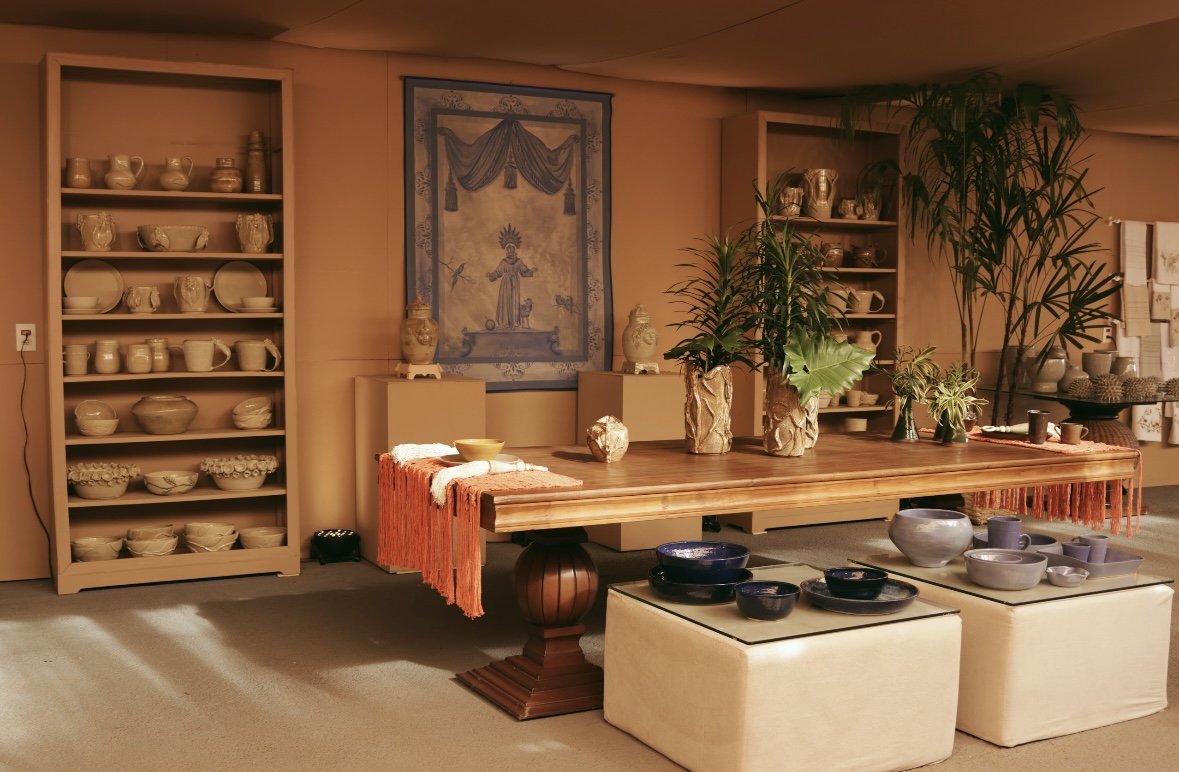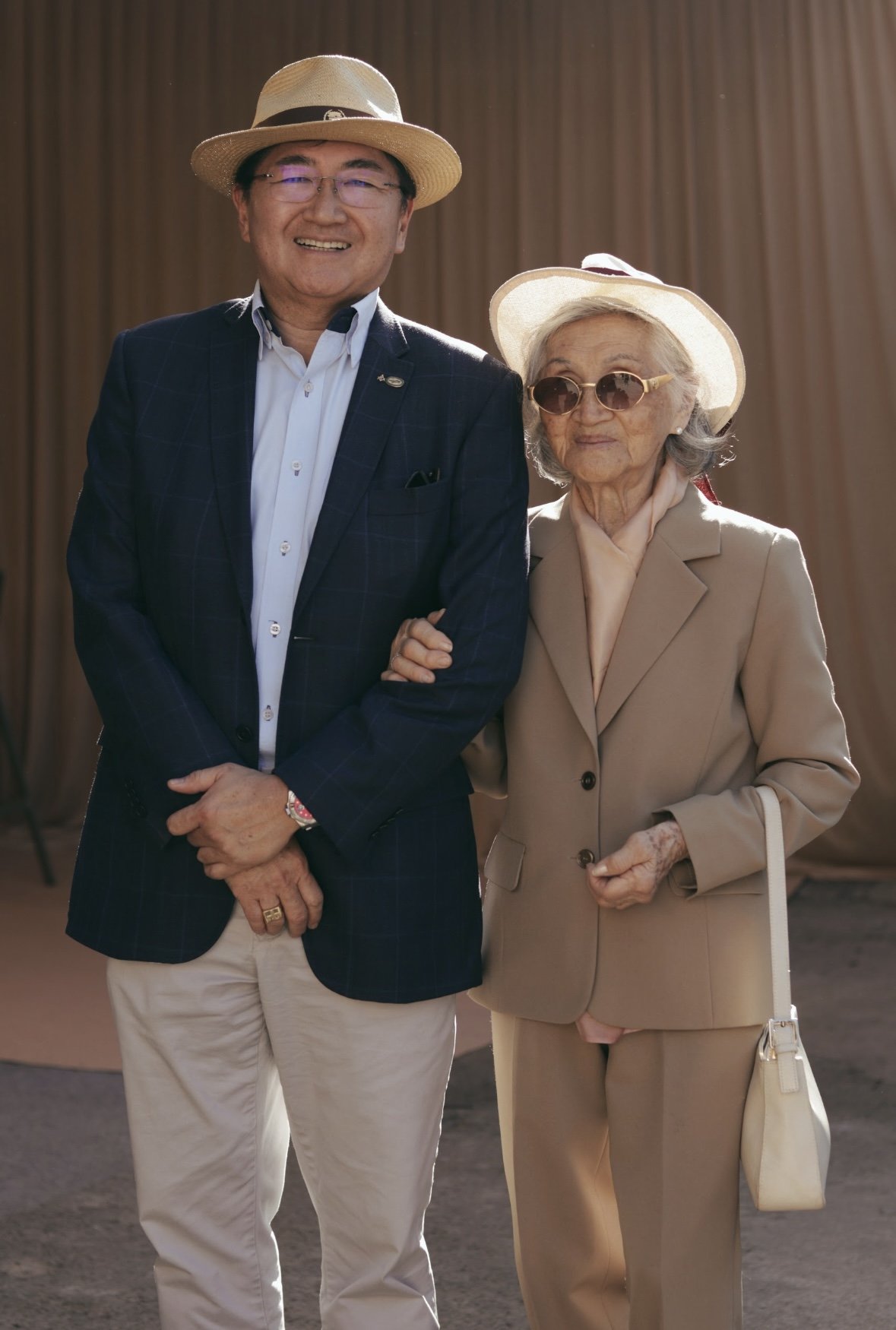Carmo da Mata: Coffee, Culture, and Tradition in Minas Gerais, Brazil
Nestled in the scenic region of Campo das Vertentes, Minas Gerais, Carmo da Mata is a city that, throughout its rich history, has preserved its cultural traditions, which are integral to its local heritage. Founded in the 18th century as a vital stop for bandeirantes traveling the Picada de Goiás, the city quickly became an agricultural center, with coffee cultivation, livestock farming, and horse breeding forming the backbone of its local economy.
Coffee Production: Heritage and Export
Coffee has always been at the heart of Carmo da Mata’s economy, grown in the fertile mountains and benefiting from the region’s ideal climate. Today, the city is known for producing specialty coffees, particularly from Fazenda Vila Boa, led by Mônica Borges, a producer committed to sustainable and high-quality practices. The coffee from her farm is renowned for its tasting notes of chocolate, lemon, and hazelnut, and is favored by the prestigious Fortnum & Mason tea and coffee house in the United Kingdom. This international export highlights the exceptional quality of the beans grown in Carmo da Mata, positioning the city prominently on the global specialty coffee market.
Cultural Coffee and Art Festival: An Annual Celebration
The Cultural Coffee and Art Festival, held annually, is one of the most anticipated celebrations in the region. This festival combines the best of local culture, highlighting the coffee tradition, and a passion for classic cars, with exhibitions from the Car Museum Garage. The museum boasts an impressive collection of more than 100 vintage cars, showcasing the evolution of automobiles from the 1920s to the 1960s, attracting both enthusiasts and curious visitors during the festival.
This year, the festival featured a diverse musical lineup. Key performers included the Orquestra Ouro Preto, known for their sophisticated renditions of Brazilian and international classics, and singer Wilson Sideral, whose unique blend of rock, pop, and Brazilian influences captivated the audience. The event also featured performances from regional artists, offering a true immersion into Minas Gerais culture through samba, chorinho, and other traditional genres. The mix of great music, artisanal coffee, and local cuisine turned the festival into a celebration of all things Minas Gerais. Carmo da Mata’s gastronomy is also a major draw, with renowned regional dishes such as frango com quiabo, tutu de feijão, and classic homemade sweets that attract food lovers from far and wide.
Hat Competition Inspired by Ascot
One of the most delightful attractions at the festival is the Hat Competition, inspired by the famous Ascot event in the United Kingdom. This competition has become a festival tradition, allowing participants to showcase sophisticated and creative designs that evoke the glamour and elegance of British events. As someone deeply passionate about fashion—particularly headwear accessories, and a regular at Ascot horse races—this competition is one of the festival’s highlights for me. Along with my love for vintage cars, the hat competition adds an extra charm to the event, blending the local traditions with international flair.
Carmo da Mata: A City of Strong Women
The strength of women in Carmo da Mata is evident in the city’s economic and cultural landscape. The George’s Broemmé essence factory, once led by Vera Proimi, is a prime example of female leadership that has shaped the local history. The factory, which specializes in the production of essential oils and natural fragrances, is a national and international reference, supplying products used widely in the cosmetic, food, and fragrance industries.
Additionally, Mônica Borges, leader of Fazenda Vila Boa and the visionary behind the Cultural Coffee and Art Festival, exemplifies the significant role women play in the development of the city. Mônica’s dedication to sustainable and high-quality coffee production, along with her vision for the festival, reflects the importance of strong and admired women in Carmo da Mata. This city is a shining example of how female leadership can transform local economies and elevate regional traditions.
Conclusion: A Blend of Tradition and Innovation
Carmo da Mata is a perfect example of how tradition and innovation can coexist harmoniously. With a strong foundation in quality coffee production, modern industries like George’s Broemmé, and cultural events like the Cultural Coffee and Art Festival, the city continues to grow as an important economic and cultural hub in Minas Gerais. The blend of its rich agricultural heritage, the strength of its female leaders, and industrial innovation makes Carmo da Mata a unique and promising destination, where the past and future walk hand in hand.
PhotosCourtesy ICAFE
